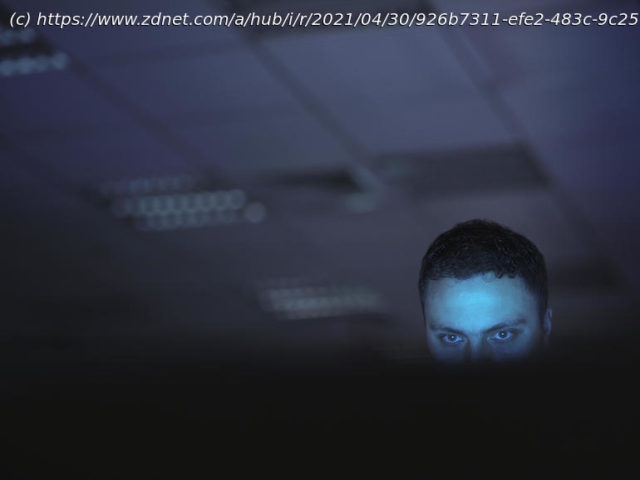The department said the content it refers to social media platforms is beyond the actions the platforms themselves already take regarding the removal of items that incite hate or violence, or promotes terrorist ideals.
The Department of Home Affairs has a dedicated team to find content on social media sites that promotes hate, incites violence, or points to terrorist propaganda. The team then works with social media platforms to have that content removed. In the 12 months to 31 March 2021, 1,559 pieces of terrorist and violent extremist content were referred.95% of that, or 1,486 items, were in the religiously motivated violent extremism space.3%, or 51 pieces of content, were defined as being ideologically motivated violent extremist material. The remaining 2% was not defined. The team has a budget of around AU$3 million. Appearing before the Parliamentary Joint Committee on Intelligence and Security (PJCIS) as part of its inquiry into extremist movements and radicalism in Australia, Dr Richard Johnson, first assistant secretary of Home Affairs‘ Social Cohesion team, said this isn’t necessarily reflective of the amount of content that’s out there, as the platforms themselves engage in their own takedown procedures. But there are some platforms that don’t have a referral function, which Johnson said points usually to the nature of those particular sites. While the Home Affairs team deals with the more mainstream platforms — such as Facebook and Instagram and Twitter — it also engages the likes of Telegram and 4chan. „We have referred material before, whether we’re successful very much depends on the nature of the platform, how they’re operating in a particular jurisdiction, and also the ethos of the particular platform,“ he clarified. Senators were concerned the 1,559 figure was at odds with other statistics they have seen. See also: Facebook tightens screws on QAnon and US militia groups „Firstly, platforms themselves do a lot of work in the first instance, to remove such materials. Not all platforms do. Secondly, we work in the open source… space. So we’re not seeing everything that’s on the internet — we’re not working in encrypted chat rooms, etc,“ he said. „Thirdly… some of the material falls short of the thresholds in the first instance.
Start
United States
USA — software Home Affairs' online team referred over 1,500 violent or extremist items for...






